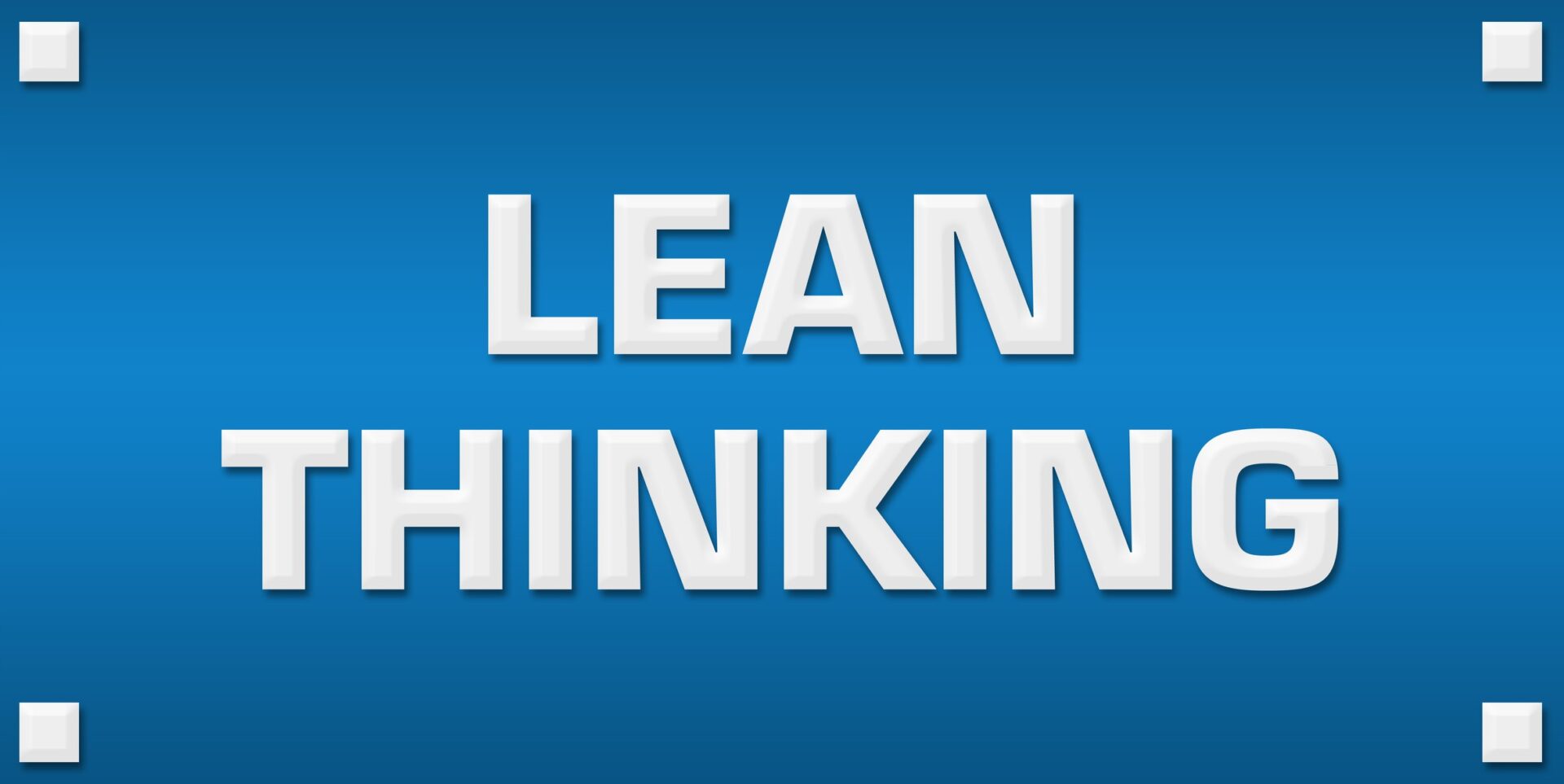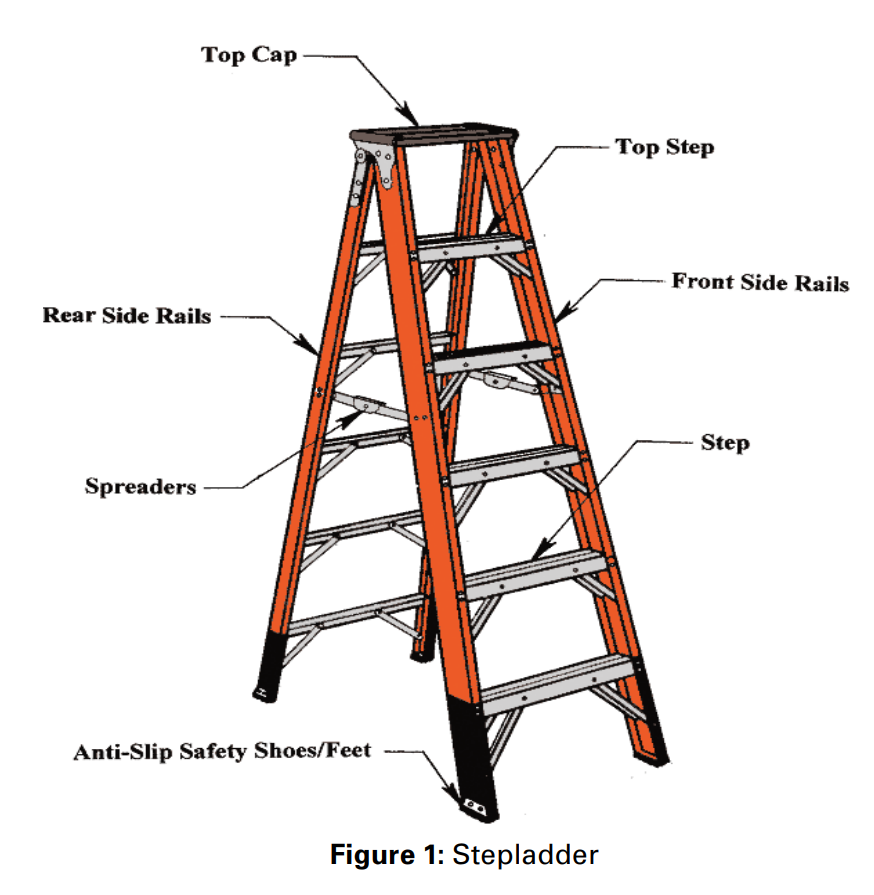New Year’s Resolutions and Habits (written in 1989)
by Allen Rathey
Have you made any resolutions lately? Just asking the question makes me very uncomfortable and probably has the same effect upon you.
The pain stems from the fact that this form of “commitment” is known to have all the trustworthiness of a political promise. Often, people who make the dreaded New Year’s resolutions soon hit the wall of reality. Superficial plans rarely produce the kind of thrust and sustained energy needed to break through the barriers and make change stick.
But it doesn’t have to be that way, not if we recognized what habits really are. A Spanish proverb says: “Habits are at first cobwebs, then cables.”
When we start to break the cables, we find they can be deceptively strong. For though small, and consisting only of strands, it’s the way those fibers are woven that gives them their incredible strength. Bad habits tie us down and restrain us because their strands are tightly interwoven with our lives and inner needs.
According to Ebony magazine: “People form habits to compensate for … something, or as a reaction to anxiety or depression. If you know the problem underlying your habit, you can address the problem and probably lick both the problem and the habit.”
A celebrity who overcame drug addiction said, “Anybody can kick drugs in a hospital. The trick is to clean-up in the real world.
“Cleaning up requires a whole change of life. Nobody can just stop taking drugs. If you don’t change your life, you’ll find yourself back on drugs and booze again, over and over.”
Of course, an initial burst of enthusiasm doesn’t hurt. Breaking bad habits can be likened to breaking the pull of gravity. When a rocket takes off, it requires an awesome expenditure of power to break free from the Earth’s gravity. So it is with those of us fighting to get out from under the oppressive weight of our negative habits.
Too much emphasis, however, is placed on the thrust of willpower. It’s true that initial determination is a vital ingredient, but the effort must be sustainable and well-directed.
Imagine a rocket launch without a ground crew, trajectory readings, instrument monitoring, backup systems, and an intelligent crew. The rocket’s thrust alone may get it into outer space, but without the network of careful planning and support, it will fall back to earth without completing its mission.
According to American Psychologist Magazine, breaking habits and forming new ones requires more than the proverbial “true grit.” It reminds us that both habit making or breaking is a “dynamic process, not a discrete event.”
Patience and persistence are the bywords of this process. As Mark Twain said, “Habit is habit, and not to be flung out of the window by any man, but coaxed downstairs a step at a time.”
These words apply to cleaning habits too.




